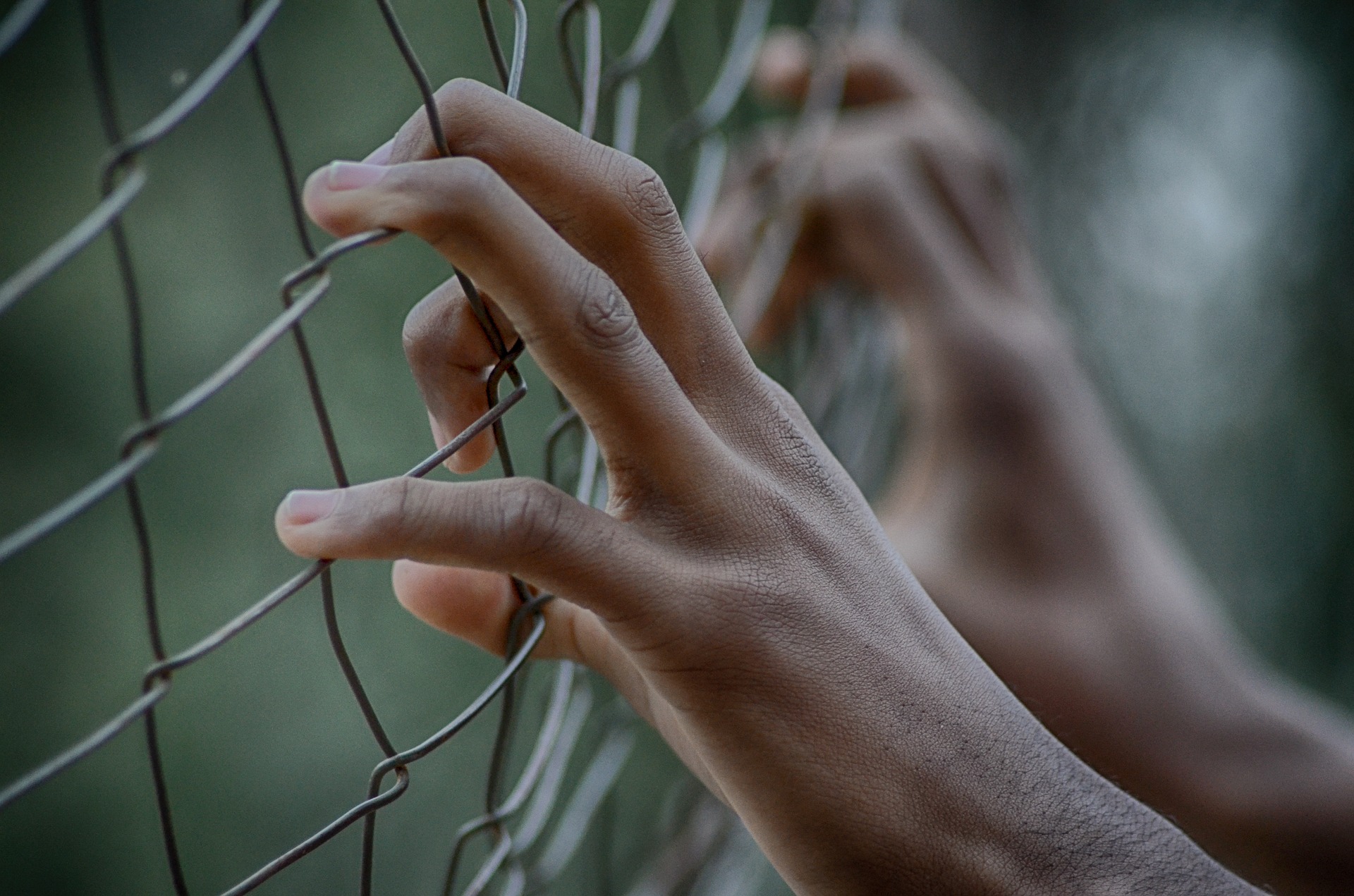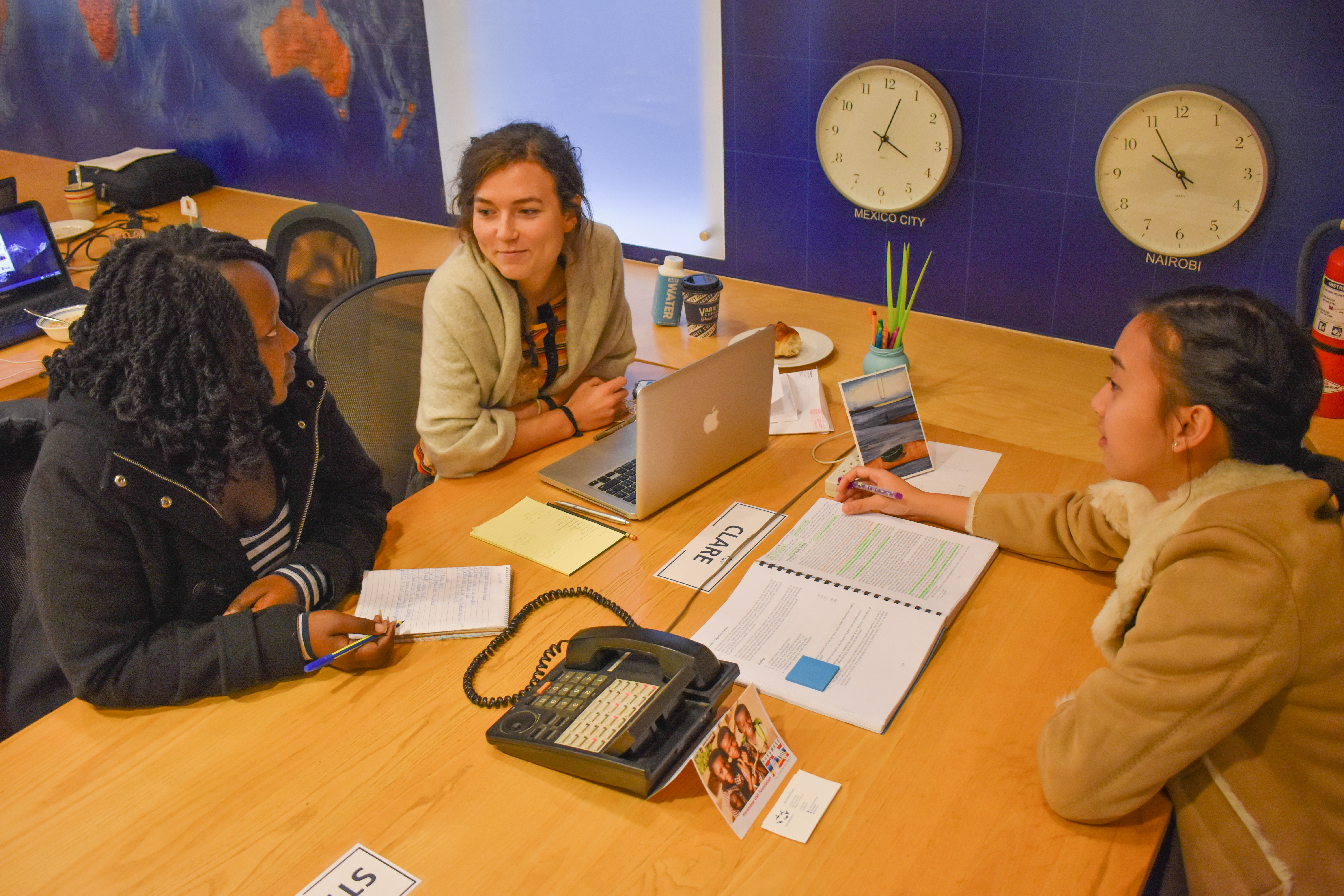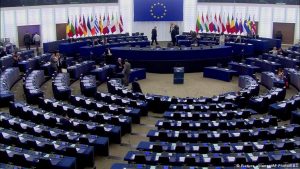Corruption has been defined as a moral deviation from an ideal and it manifests in different ways. It depicts itself in small situations such as bribery to large ones such as land grabbing. It cuts through all age groups and social classes. The youth does not escape this vice as they tackle it every day in diverse occurrences.

Justus, a friend of mine, was ecstatic upon completing his university studies at the age of twenty four with a degree in financial accounting and a pocket full of dreams and ambitions. His struggling family scrounged the little savings they had and slaughtered a goat in his honor after receiving news of his job acquisition in a prestigious financial institution.
A week after his employment, the company was sued for embezzlement of funds jeopardizing the lives of its employees. Justus was summoned to court, completely unaware of his impending demise. Apparently, some new evidence had been shed, putting Justus in the spotlight as the sole mastermind behind the fraud ploy. The judge sentenced him to twenty five years in prison for embezzlement of funds, while the owner of the company was acquitted on technical grounds.
Justus’ ambitions and dreams hit an unbreakable barrier known as corruption. His family is currently swirling in debt, trying to find means of helping the one person who was supposed to remove them from the poverty line. The perturbing question remains, who is supposed to help the helpless from this monstrosity that seems to be keen on being a norm?
Corruption has been a plague in Kenya since the post-independence period. The surge on all forms of corruption was extremely high at the time and it revealed a relationship between political leaders and corruption during the Anglo Leasing Case.

However, since then, Kenya has taken steps to curb this practice overtime through the establishment of Anti-Corruption Commission whose sole purpose is to end corruption practices in all forms. During my Certified Training Program training, I learned that there are two concepts of freedom cited by George Weigel: freedom of indifference (a pragmatic understanding of freedom that asserts one’s own will) and freedom for excellence (freedom to pursue the highest good). Freedom for excellence, as I came to understand, is the best kind of freedom that we can all practice to ensure good governance for, not only common good, but also to end corruption.
The answer to the vexed (or we can go with simple) question in the fourth paragraph is everyone’s participation, including the youth, in good governance. As future leaders, the Kenyan youth must embrace the culture of integrity that would actually reshape the society’s idea of normal by embracing personal governance in their own lives in terms of:
- Using their time constructively
- Mentoring other youth on the benefits of no/little corruption
- Using their talents in creating music, plays and articles to spread messages on the effects of corruption.
- Respecting and following the stipulated laws in the state’s constitution for they are there to protect us all
- Advocating for the execution of legislation that penalizes those found guilty of corruption
- Respecting those in power and advocating for accountability and transparency for those in authority and power.
Kenya can also learn some lessons from Rwanda as a developing country with a low corruption rate. On a local level, there are students from Strathmore University and Technical University of Kenya who led an initiative with Transparency International Kenya in the land and corruption project. Their proposed measures included asking senior government officials to declare their assets to the Ombudsman, attaching consequences like suspension and salary cuts in the failure to do so, and introducing a zero tolerance policy towards all forms of corruption in the country.

WYA’s Declaration on Good Governance states,“….the protection of human dignity is the basis of good governance. Solidarity, a key building block of good governance, is the unified commitment of persons to work in trust toward the common good, fostering a sense of community. Leaders bear a particular responsibility to uphold the dignity of the human person in their governance. Good governance entails the just use of power to create conditions for unity and trust and to inspire in the governed the desire to contribute to the common good. Good governance includes the rule of law, transparency and accountability, as well as free expression and participation.”
Since we live in a global community, participative vigilance is vital in curbing corruption. It is the responsibility of everyone in the society (inclusive of those in power) to exercise their responsibilities and duties to ensure the protection and promotion of human dignity. For it is only through solidarity and the use of freedom for excellence that we can ensure common good, transparency, accountability and good governance.
[su_divider top=”no” size=”1″]
Written by Pamella Oddotte, a current WYA Headquarters’ intern from Kenya.




